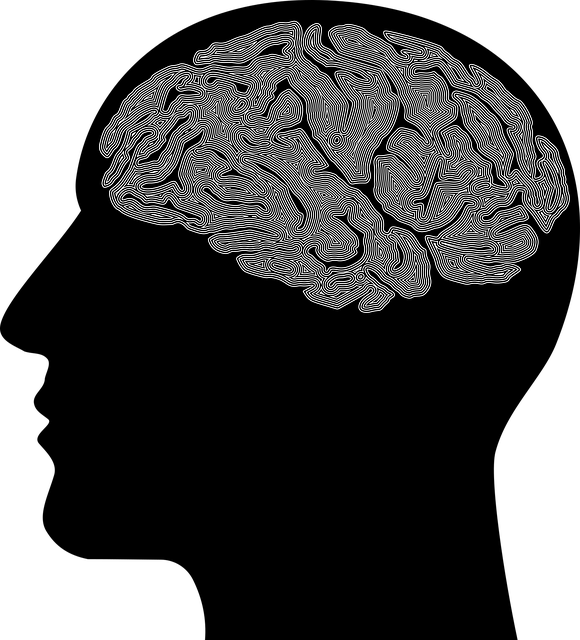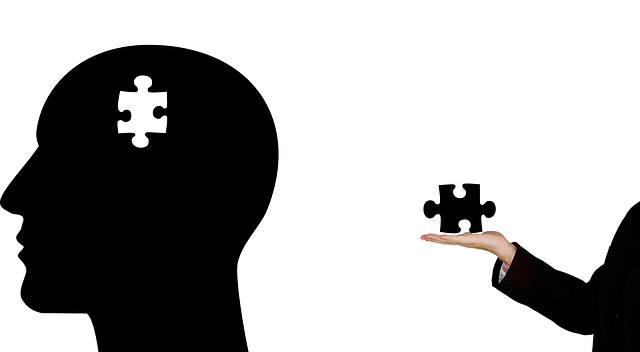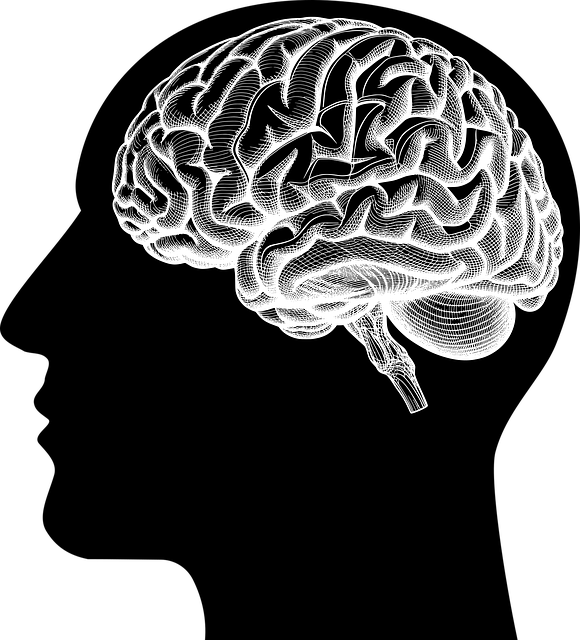Alcohol abuse by parents can deeply impact a child's mental health, leading to various emotional challenges. Early intervention through therapy is key, focusing on building resilience and positive thinking. Techniques like CBT, affirmations, and mindfulness help reframe negative thoughts, while age-appropriate exercises and interactive sessions foster optimism and emotional expression. A holistic approach that includes community outreach programs enhances recovery outcomes for children affected by alcohol abuse.
Positive thinking exercises offer a promising therapeutic approach to addressing the mental health challenges faced by children affected by alcohol abuse. This article explores the significant impact of alcohol abuse on children’s mental well-being and introduces the concept of positive thinking as a powerful tool in recovery. We delve into designing tailored exercises, offering practical strategies for integration into rehabilitation programs, providing hope for fostering resilience and healthier mindsets among vulnerable youth.
- Understanding the Impact of Alcohol Abuse on Children's Mental Health
- The Power of Positive Thinking: A Therapeutic Approach
- Designing Effective Positive Thinking Exercises for Kids
- Implementation Strategies: Integrating Positive Thinking into Recovery Programs
Understanding the Impact of Alcohol Abuse on Children's Mental Health

Alcohol abuse by parents or caregivers can have profound and lasting effects on a child’s mental health. Exposure to an alcoholic environment can lead to a range of emotional and psychological challenges, from anxiety and depression to low self-esteem and behavioral problems. Children living with alcohol abuse may struggle with feelings of instability, fear, and confusion, which can hinder their ability to form secure attachments and develop healthy coping mechanisms.
Early intervention through therapy for children affected by alcohol abuse is crucial. Mental health professionals play a vital role in conducting risk assessments to identify vulnerabilities and implement strategies for resilience building. Positive thinking exercises can be a powerful tool in this process, helping children reframe negative thoughts, foster hope, and cultivate a sense of control over their emotional well-being.
The Power of Positive Thinking: A Therapeutic Approach

The power of positive thinking is a therapeutic approach that can significantly transform lives, especially for children recovering from alcohol abuse. By focusing on optimism and gratitude, young individuals can begin to reframe their perspectives and challenge negative thought patterns associated with trauma or challenging experiences. This shift in mindset is a vital component of crisis intervention guidance, helping children to build resilience and cope more effectively.
Mental wellness journaling exercise guidance can be tailored to encourage positive thinking by prompting children to record their thoughts, emotions, and achievements daily. This practice allows them to track their progress, identify negative thought cycles, and replace them with more constructive and uplifting ideas. Additionally, communication strategies play a pivotal role in fostering positive thinking; open and honest conversations facilitate the expression of feelings and fears, creating a safe space for children to explore and embrace optimism in their journey towards recovery.
Designing Effective Positive Thinking Exercises for Kids

Designing positive thinking exercises for children is a creative and impactful process that can contribute to their overall mental wellness. These activities should be engaging and age-appropriate, tailored to the cognitive development and interests of young minds. When incorporating therapy techniques, such as those used in addressing childhood alcohol abuse, it’s essential to make the sessions fun and interactive. Games, stories, and art projects can be powerful tools to encourage positive thinking and emotional expression. For instance, a Mental Wellness Podcast Series Production might feature episodes dedicated to teaching children mindfulness through guided meditations or creative writing exercises that explore their emotions.
The key is to create an environment where kids feel safe and supported while learning valuable coping strategies. Incorporating elements from Mental Illness Stigma Reduction Efforts can help foster understanding and acceptance of emotional experiences, enabling better mood management. By making these exercises enjoyable, children are more likely to engage and benefit from them, potentially reducing the impact of stress and anxiety. This proactive approach to mental health can set a strong foundation for their future well-being.
Implementation Strategies: Integrating Positive Thinking into Recovery Programs

Implementing positive thinking exercises within recovery programs for children affected by alcohol abuse is a powerful strategy that can significantly enhance therapeutic outcomes. These practices aim to cultivate a more optimistic mindset, which is essential in building resilience and coping mechanisms. By integrating such techniques into therapy sessions, professionals can help young individuals reframe negative thoughts and beliefs associated with their experiences. For instance, cognitive-behavioral therapy (CBT) techniques, combined with positive affirmations and mindfulness exercises, have shown promising results in encouraging children to challenge self-critical thoughts and replace them with more empowering alternatives.
Community outreach programs play a vital role in raising public awareness about childhood alcohol abuse and the benefits of early intervention. These initiatives can educate parents, caregivers, and community members on recognizing signs of potential abuse and promoting positive thinking as a preventive measure. Through workshops, support groups, and interactive activities, these programs foster emotional intelligence, encouraging participants to understand and manage their emotions effectively. By embracing positive thinking as a core component of recovery, therapy for children with alcohol abuse issues becomes more holistic and empowering, ultimately contributing to improved mental well-being and long-term success.
Implementing positive thinking exercises as part of recovery programs for children affected by alcohol abuse can be a powerful tool in their therapeutic journey. By integrating these strategies, we empower kids to develop resilience, enhance self-esteem, and foster healthier mental landscapes. Through structured activities that promote optimism and gratitude, children can navigate the challenges they face with newfound strength and coping mechanisms. This approach, combined with professional therapy for children alcohol abuse, offers a comprehensive solution, paving the way for their emotional metamorphosis and overall well-being.









